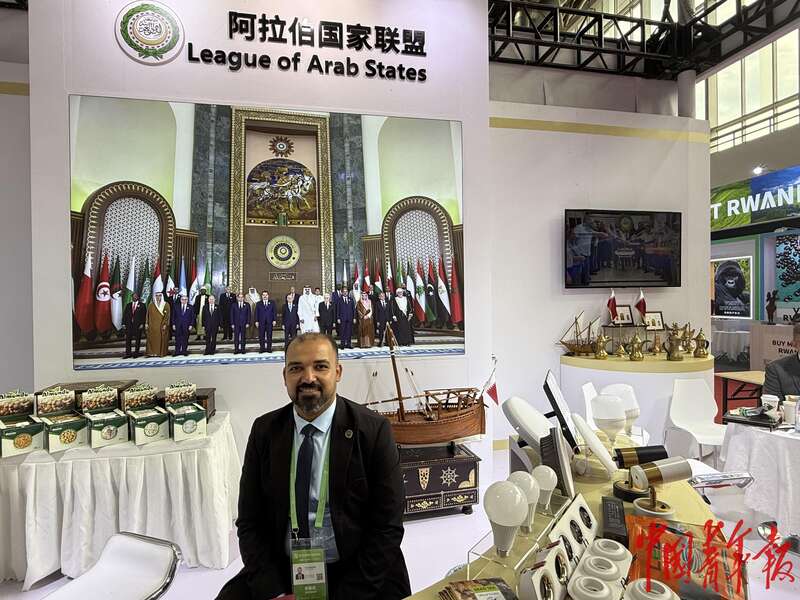When talking to Chinese and other people, Shaaban also talks about the history of relations between China, Egypt and other Arab countries: "We are all connected." He thinks that it is a good chance to show off Arab countries at trade fairs and exhibitions held in China. It will also help to keep trade and supply chains between China and Arab countries working well. And it will strengthen the links between the two regions' economies and investments with the help of the Belt and Road Initiative.
Shaaban is particularly optimistic about Arab countries working more closely with China. There are lots of areas where countries can work together more, like green technology, electricity, oil, artificial intelligence and the digital economy. He also wants more Chinese companies to invest in and do business in Arab countries. In today's uncertain world, Arab countries need to work with China to keep industrial and supply chains stable.
Shaaban's hope is exactly what the CISCE was originally created for. The CISCE is the world's first national-level event focusing on supply chains, which holds significant practical value in the context of the effects of globalization on industrial and supply chains. China's commitment to maintaining global industrial networks has struck a chord with international businesses.
At the CISCE, Shaaban met Chinese exhibitors and people from different regions, such as South America, Europe and Africa. They had brought products from all over the world and hoped to use the platform to sell them to the rest of the world.
"This is why I love China." Shaaban said, "There are lots of opportunities in China and we Arabs come here to do business with friendly Chinese people." He said he is ready to start learning Chinese, and finding a suitable Chinese name is a good start. (By Ma Ziqian/China Youth Daily)



